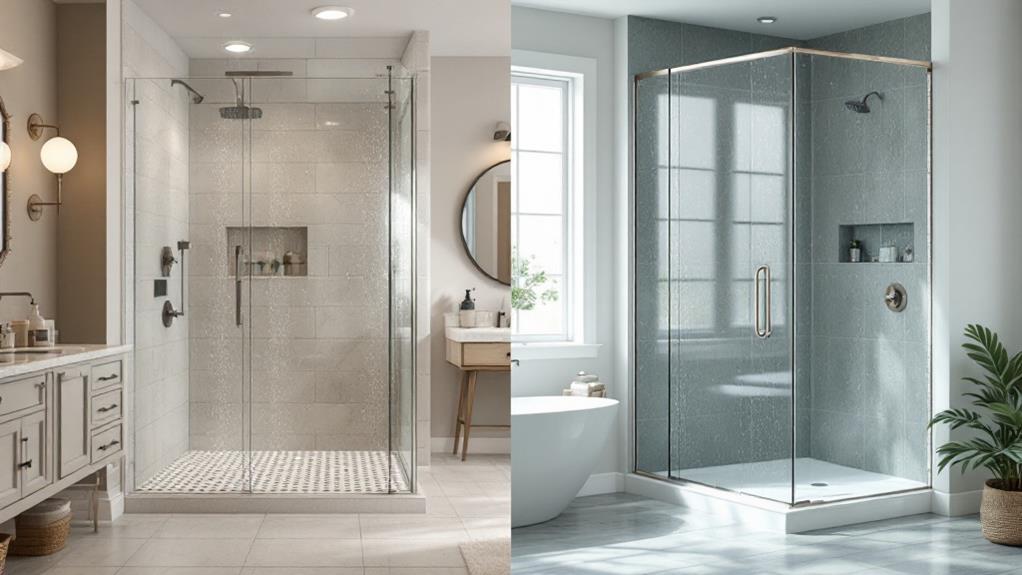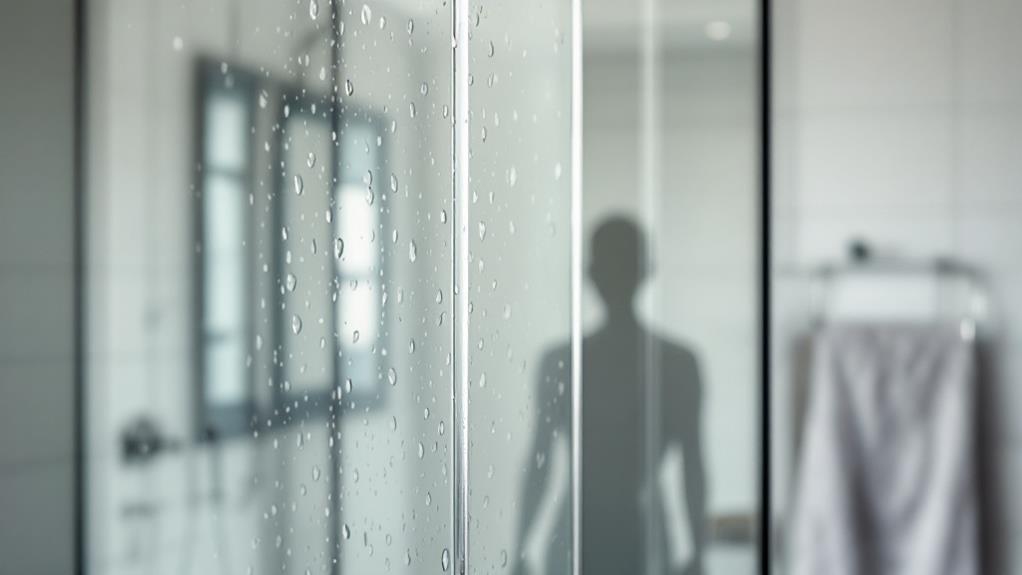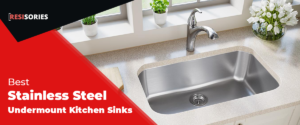Selecting the ideal frameless shower door involves balancing aesthetic aspirations, budget constraints, and functional requirements, with glass thickness being a critical factor in achieving the perfect blend of style, safety, and durability. The choice between 1/4 inch, 3/8 inch, and 1/2 inch glass thicknesses considerably impacts the overall visual appeal, safety, and stability of the installation. By weighing the pros and cons of each option, homeowners can make informed decisions that align with their design preferences, budget, and safety needs. As the nuances of frameless shower doors continue to unfold, a deeper understanding of these factors reveals the perfect fit.
Key Takeaways
Types of Frameless Shower Doors
When it comes to frameless shower doors, the primary distinction lies in the thickness of the glass, which greatly impacts the overall functionality, safety, and aesthetic appeal of the installation.
The three main types of frameless shower doors are 1/4 inch, 3/8 inch, and 1/2 inch, each offering unique characteristics. The 1/4 inch option is lightweight and cost-effective, but may require framing support and is considered less safe.
The 3/8 inch door balances stability and cost, making it a popular choice for frameless installations. The 1/2 inch door is the heaviest and most premium option, demanding secure installation and offering superior safety and aesthetic appeal.
Understanding these differences is essential for selecting the ideal glass type, installation technique, and custom options that align with your design trends and aesthetic choices.
Weighing the Pros and Cons

The choice of frameless shower door thickness ultimately hinges on a complex interplay of factors, including safety considerations, aesthetic appeal, and cost. A delicate balance must be struck between these competing demands to achieve the ideal fit.
On the one hand, thicker doors offer enhanced safety and stability, while also providing a more substantial, premium feel. Moreover, it is important to remember that the selected shower door should blend practicality and style, ensuring it complements the overall design of the bathroom.
On the other hand, thinner doors can compromise on safety while offering a more budget-friendly option. Installation challenges also arise, as thicker doors require stronger wall support, whereas thinner doors may necessitate additional framing.
Ultimately, design aesthetics play a vital role, as the door’s thickness can heavily impact the overall visual appeal of the bathroom. By carefully weighing these pros and cons, homeowners can make an informed decision that meets their unique needs and preferences.
Real User Experiences and Reviews
Numerous homeowners have shared their experiences and opinions regarding frameless shower doors, providing valuable insights into the pros and cons of each thickness option.
User experiences and customer feedback reveal that 1/4 inch doors are often criticized for their lack of durability and tendency to trap moisture, while 3/8 inch doors are praised for their aesthetic appeal and balance of quality and cost.
On the other hand, 1/2 inch doors are commended for their premium quality and durability, but criticized for their hefty price tag.
These real-life experiences and reviews serve as a valuable resource for homeowners seeking to make informed decisions about their frameless shower door installations.
Choosing the Perfect Fit



Selecting the ideal frameless shower door thickness hinges on balancing competing factors, including aesthetic considerations, safety concerns, and budget constraints.
To achieve the perfect fit, it is crucial to weigh the pros and cons of each thickness option.
Here are three key considerations to keep in mind:
- Design preferences: Frameless shower doors in 3/8 and 1/2 inch thicknesses can enhance the bathroom’s visual appeal, while 1/4 inch may not provide the desired look.
- Installation tips: Confirm proper installation, as 1/2 inch glass demands strong wall support, and 3/8 inch is more suitable for frameless setups.
- Safety and budget: Balance the need for safety and stability with budget constraints, as 3/8 inch offers a good balance between quality and cost, while 1/2 inch is premium priced.
Is Frameless Worth the Investment
Frameless shower doors are a sought-after design element in modern bathrooms, but their higher cost often raises questions about their value.
When considering the investment, it is crucial to weigh the cost comparison against the aesthetic benefits. While frameless shower doors may be more expensive upfront, they offer a sleek, modern appearance that can elevate the overall look of the bathroom.
The cost-benefit analysis reveals that the higher initial investment can lead to long-term aesthetic benefits, creating a sense of openness and spaciousness.
Additionally, frameless shower doors require less maintenance and are less prone to mold and corrosion, making them a worthwhile investment for those seeking a high-end, low-maintenance solution.
Safety and Maintenance Considerations

Most shower door installations involve a delicate balance between aesthetics and functionality, with safety and maintenance considerations playing a significant role in the decision-making process.
The importance of proper installation guidelines cannot be overstated, as a poorly installed frameless shower door can lead to accidents and injuries.
Glass thickness is an essential factor in guaranteeing safety, with 3/8 inch and 1/2 inch options offering greater stability and security.
- Proper installation: Confirm the door is securely fastened to the wall or surrounding structure to prevent accidents.
- Regular maintenance: Clean the door and surrounding area regularly to prevent mold and mildew buildup.
- Glass thickness: Choose a glass thickness that meets your safety and security needs, with 3/8 inch and 1/2 inch options being the most popular.
Key Decision-Making Factors
When it comes to frameless shower doors, homeowners must weigh various factors to guarantee their chosen option meets their needs and preferences.
Two essential key decision-making factors are design preferences and budget constraints. Design preferences influence the choice of frameless shower door thickness, which can range from 1/4 inch to 1/2 inch. Thicker glass enhances visual appeal, while thinner options may compromise on aesthetics.
Budget constraints, on the other hand, dictate the feasible expenditure on frameless shower doors. Homeowners must balance their design aspirations with financial limitations to arrive at an ideal solution.
Frequently Asked Questions
In small bathrooms, frameless shower doors can optimize space by creating an illusion of spaciousness, while design aesthetics are elevated through sleek, minimalist profiles, making them a suitable choice for compact bathroom renovation
In high-traffic bathrooms, frameless shower doors necessitate careful consideration of durability concerns and maintenance tips to guarantee longevity, with 1/2 inch glass offering ideal durability and 3/8 inch providing a balance of quality and cost-effectiveness.
When it comes to cleaning frameless shower doors, specialized products are not necessarily required. However, utilizing gentle cleaning techniques and maintenance tips, such as using a squeegee and microfiber cloth, can effectively maintain the door’s clarity and prevent water spots.
When replacing an existing shower door with a frameless one, consider installation considerations, such as wall support and leveling, to guarantee a secure and seamless fit, while also exploring various design styles, like minimalist or luxury, to achieve your desired aesthetic.
When considering frameless shower doors’ compatibility with various shower systems, it’s crucial to assess design styles and installation tips. Guarantee a harmonious integration by selecting a door that complements your shower’s architecture, and follow specific installation guidelines for a seamless and safe outcome.
Conclusion
Ultimately, the selection of frameless shower doors hinges on a nuanced understanding of the differences between 1/4, 3/8, and 1/2 inch options. Thickness, weight, safety, cost, and installation requirements are critical factors to take into account. By weighing the pros and cons, reflecting on real user experiences, and evaluating key decision-making factors, homeowners can make an informed decision. Ultimately, the perfect fit is a balance between aesthetic appeal, durability, and functionality, ensuring a sleek and modern bathroom design that meets both form and function.







